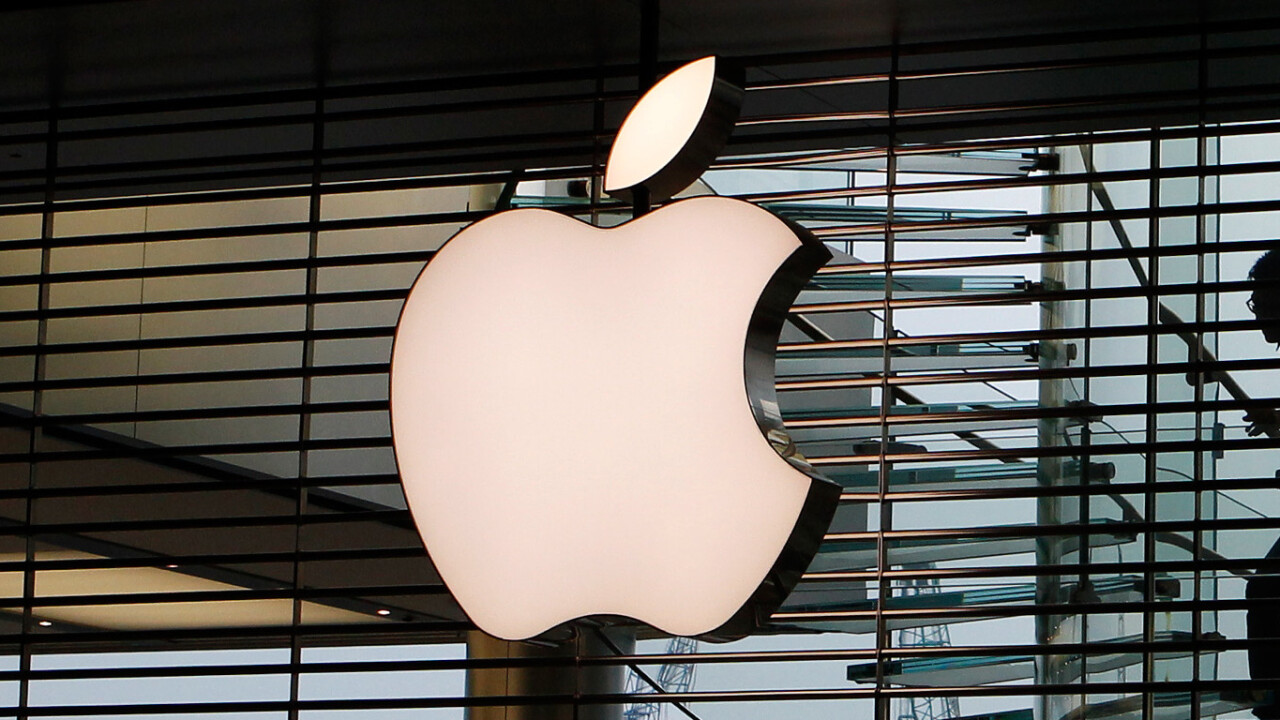
The Chinese government is none too pleased with President-elect Trump’s proposed trade war.
Throughout his campaign, Trump promised to bring jobs back to the US. To do so, he said, he intends to impose hefty tariffs on imported goods. Unfortunately, bringing US jobs back isn’t as simple as dialing back the clock a few decades. If Trump’s plan came to be, it would have disastrous consequences to US trade, as China warns.
If Trump imposes a 45 percent tariff on Chinese imports, China-US trade will be paralyzed. China will take a tit-for-tat approach then. A batch of Boeing orders will be replaced by Airbus. US auto and iPhone sales in China will suffer a setback […]
The new president will be condemned for his recklessness, ignorance and incompetence and bear all the consequences.
The piece’s pointed language seemed aimed at one man: Trump.
It’s not worth getting excited about just yet. The President lacks authority to follow through on many of Trump’s campaign promises — including this one. Currently, a US President can impose a tariff of up to 15 percent for no more than 150 days. The tax can only be extended if the country is ‘in a state of emergency’ — which seems unlikely.
The larger issue might be the oversimplification of campaign talking points.
While no one would argue that bringing jobs back to the US is a good thing — it’s rarely that simple. Due to the interconnectedness of the world’s economies, it’s never as easy as pulling the plug. While we may increase jobs domestically, these same jobs could be offset by others imposing the same — or higher — tariffs.
In the end, it’s a zero-sum game.
But there is hope. When looking to cut ties overseas and bring jobs home, we could stop trading with countries opposed to the restrictions. It’s not without precedent; just ask North Korea.
via 9to5 Mac
Get the TNW newsletter
Get the most important tech news in your inbox each week.




